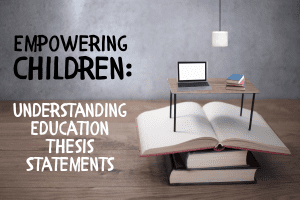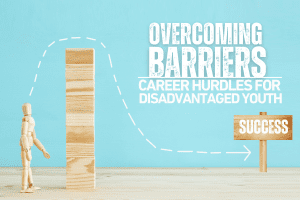Teaching Children the Concept of Money
Children begin to learn about money in early childhood, this is an important time to influencing children on how to deal with money in their adult life. This teaching can help them to manage their finances in later life.
Having conversations about money builds children’s confidence on the subject and helps to develop their financial skills. All children develop at different stages of their lives. You might find they would respond better to different learning in the lower or higher age bracket. Simply choose the write words that are most suitable.


Make them familiar with money and the handling of it
Handling money is an important part of gaining confidence around it. Start by letting them see and handle coins, notes, and credit/debit cards.
Give children a piggy bank or money box so they have their own cash, and tell them how its important to keep their money safe. Regularly count the money they have been saving and introduce the idea of saving for something they might want.
Physically handling money is a great way to learn. Emptying purses and counting out each coin into piles of value. Then showing the difference in higher value coins to lower and how many pennies make a pound. Show how many of each coin makes the desired amount of money. Then let your child visualise and make the piles themselves.
Learn what money is used for
As children become more familiar with money, they will start to understand how to use it day to day.
Going shopping together with your children can help them identify the cost of different items. Whilst shopping get your child involved in the decisions of picking items. Make sure you bring cash out and let them count out the correct money and hand it over to the cashier so they know how much is being spent. Then let them check the change so they can see what they have left so mental maths is required.
This can help children see that money equals shopping, but different values of money can buy different amounts of items.
See how money is earned
Consider giving simple house chores in exchange for pocket money instead of giving money without it being earned, this shows how work equals money.
By giving children pocket money for doing simple tasks such as cleaning their room, doing the dishes or some gardening, it will help them to realise that money is earned instead of simply given it to them. This is a good mindset for early life.


Written by Eva Shana




